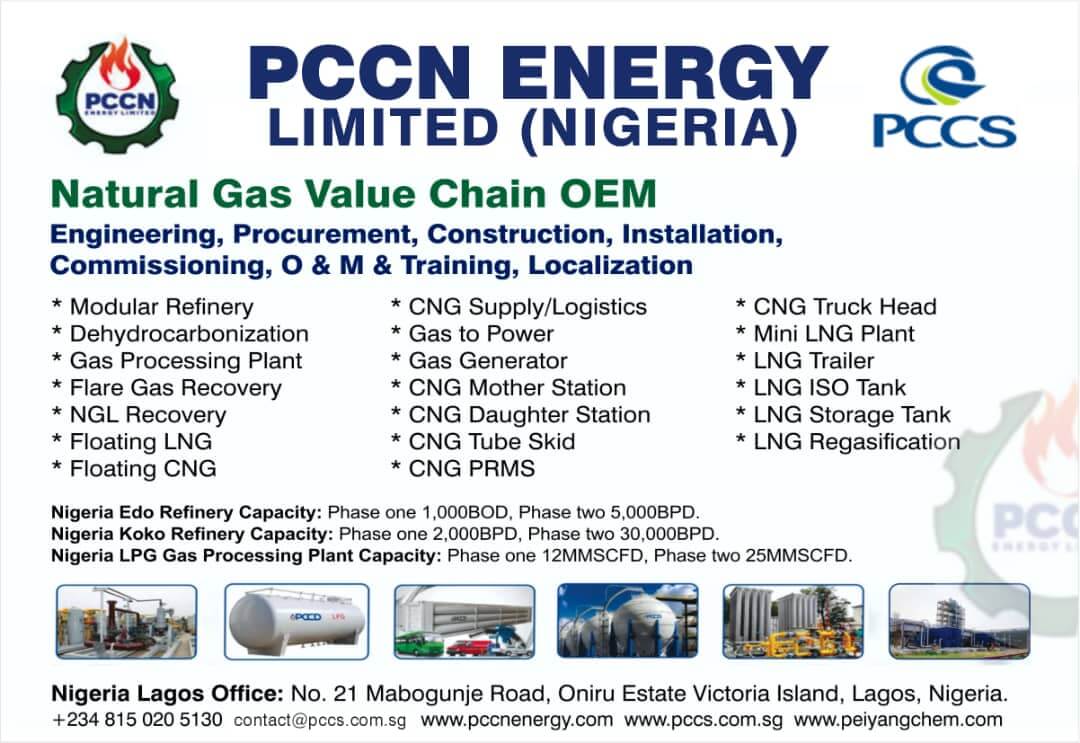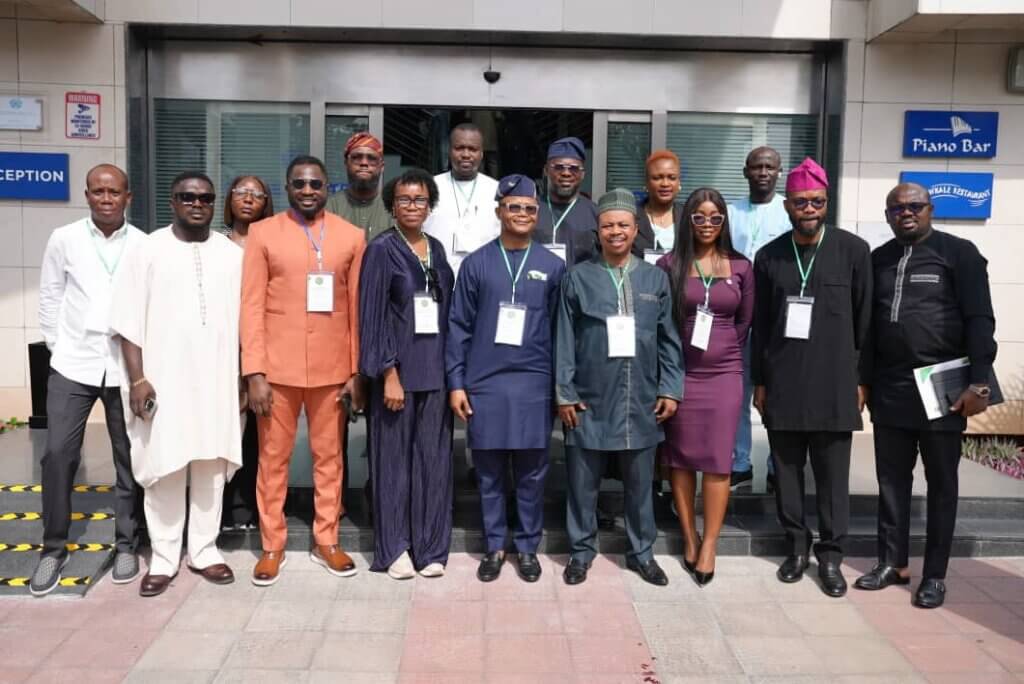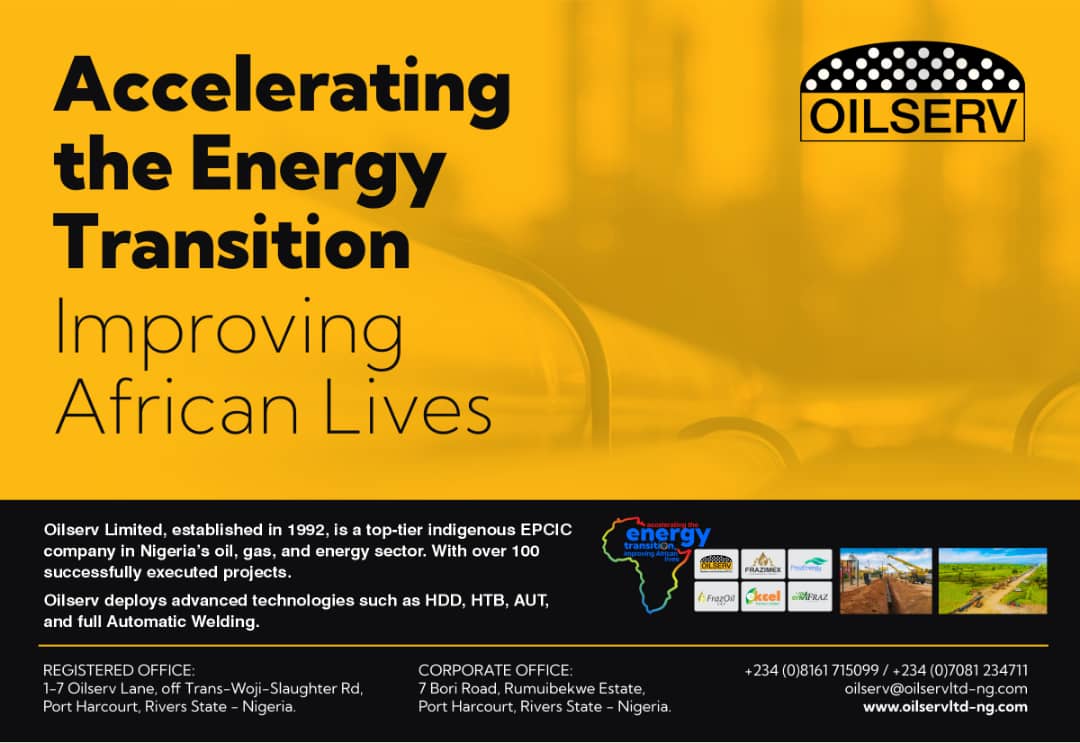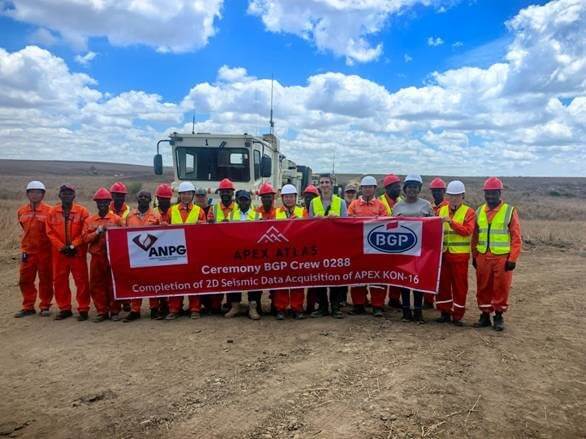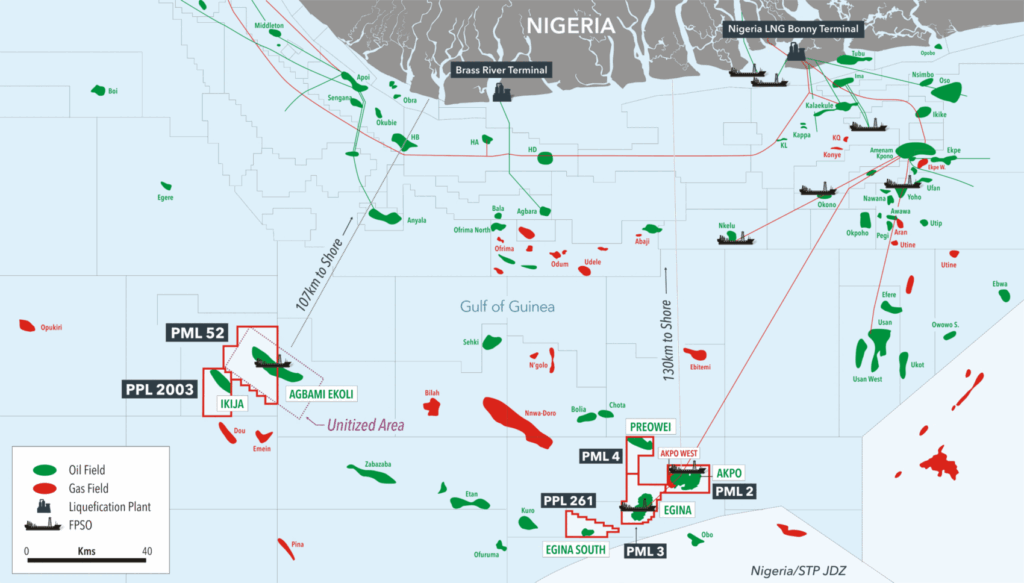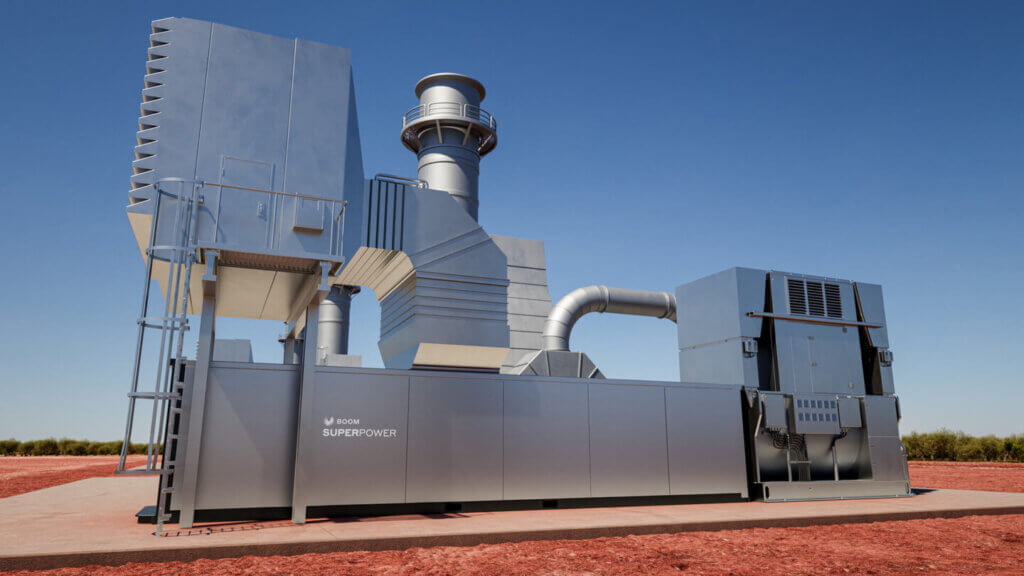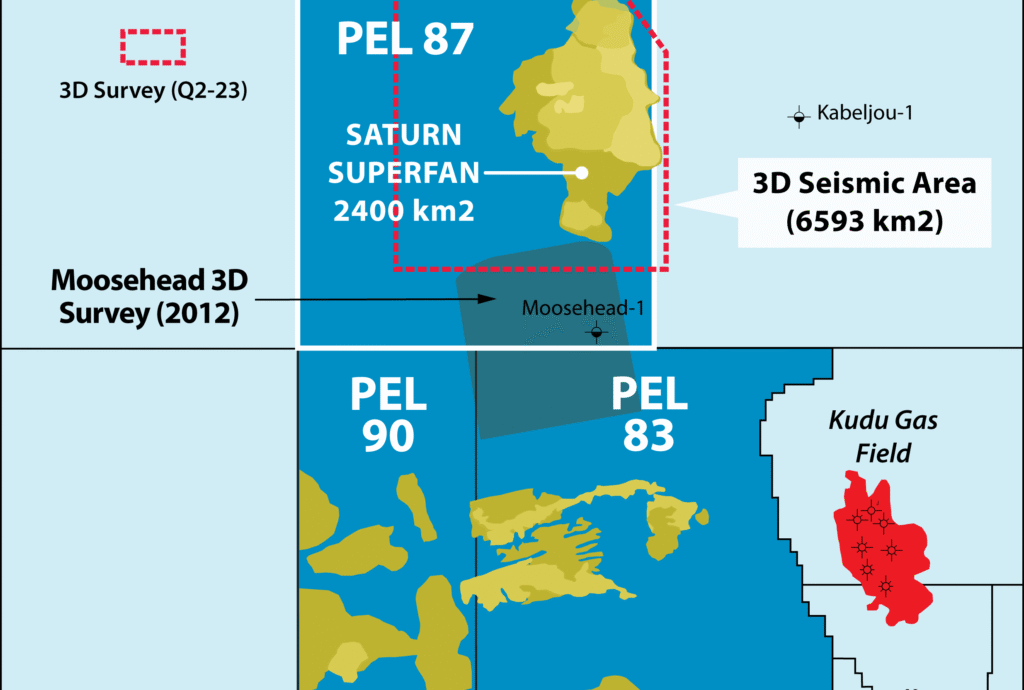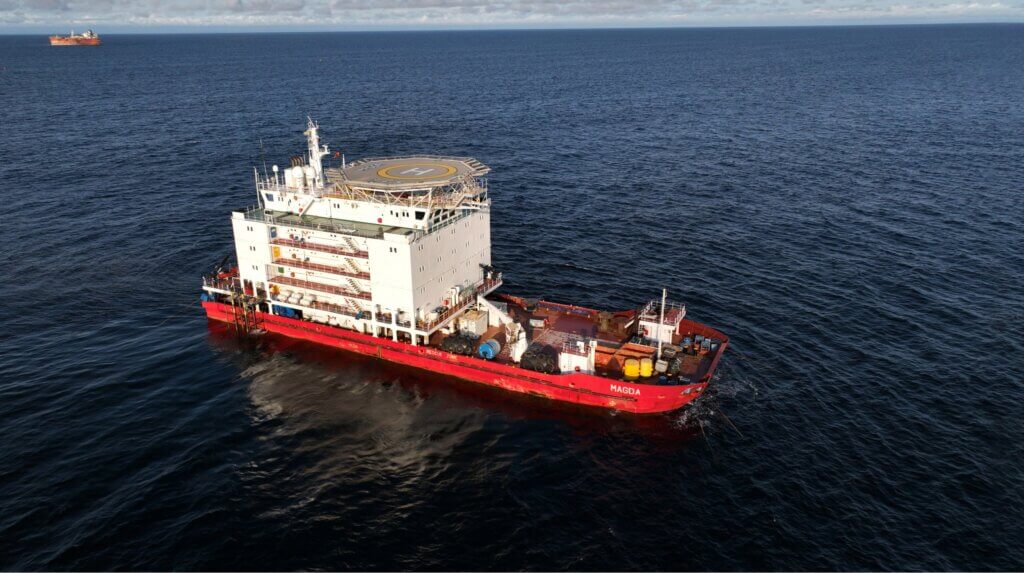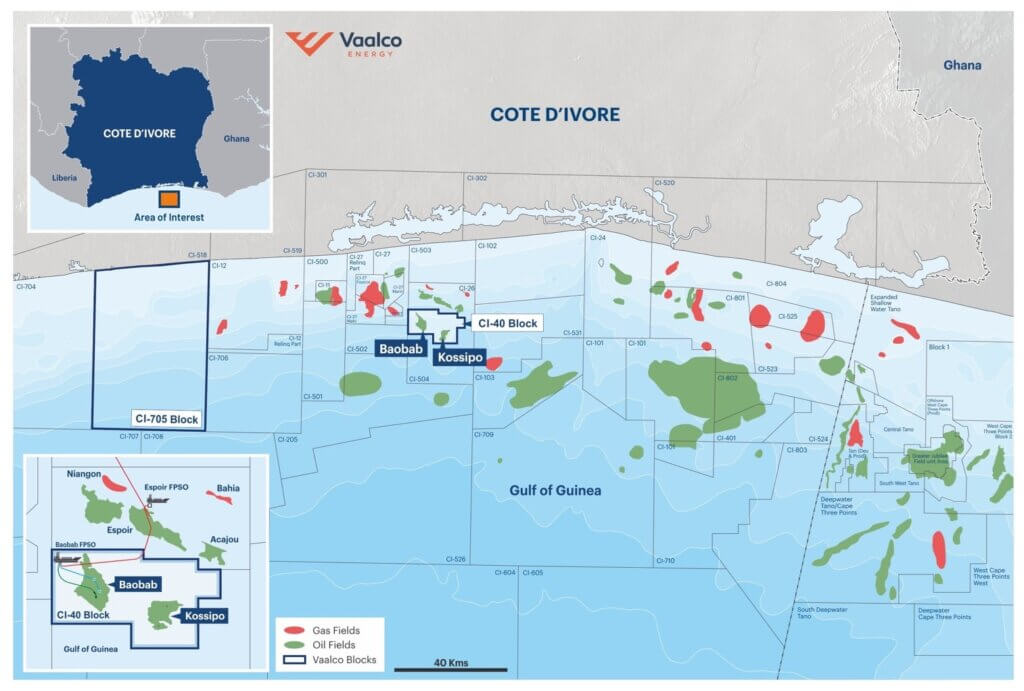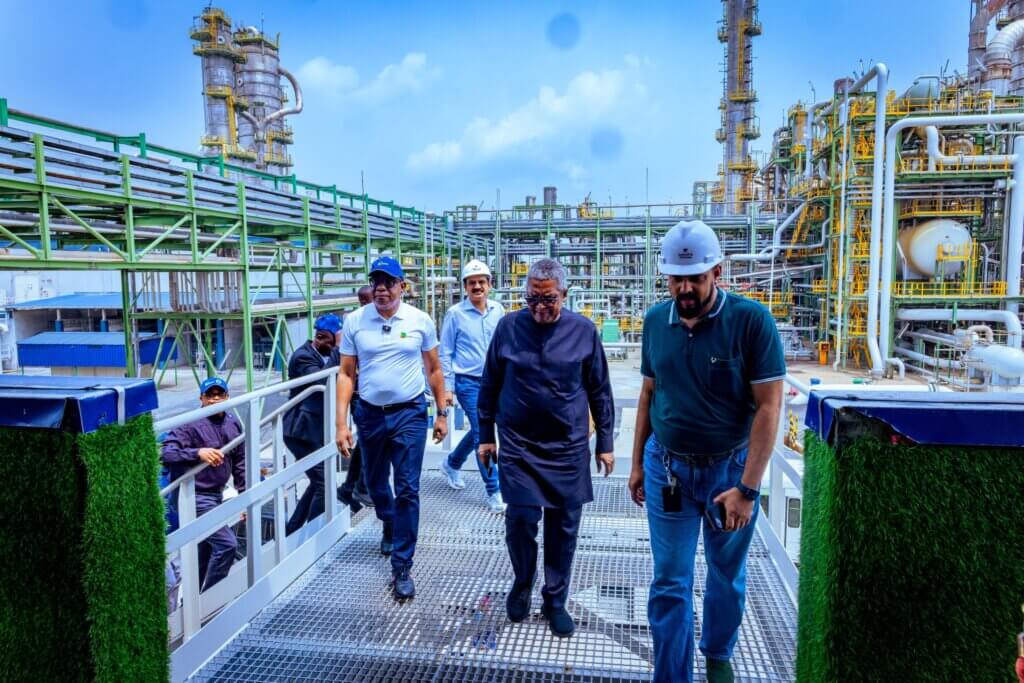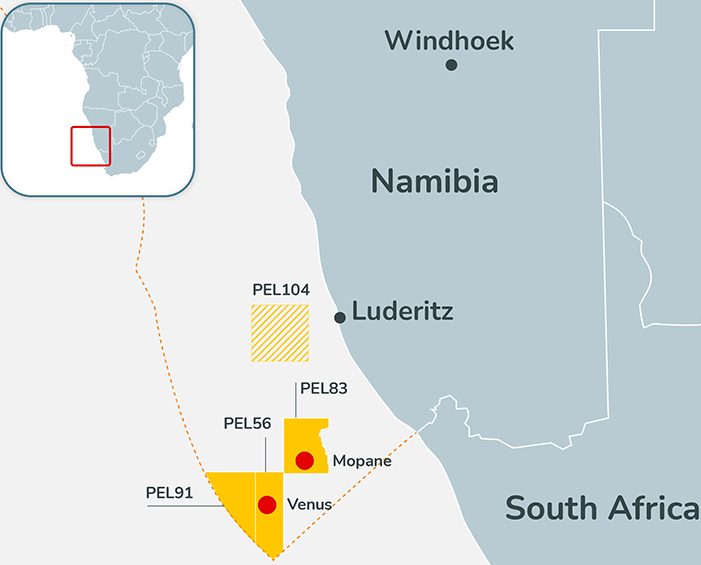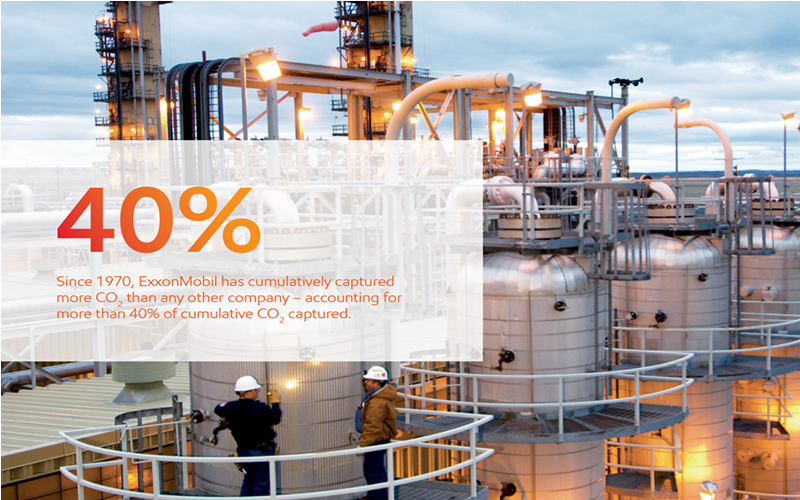
ExxonMobil has made a final investment decision to expand carbon capture and storage at its LaBarge, Wyoming, facility, which has captured more CO2 than any other facility in the world to date. The expansion project will capture up to 1.2 million metric tons of CO2, in addition to the 6-7 million metric tons captured at LaBarge each year.
“Carbon capture and storage is a readily available technology that can play a critical role in helping society reduce greenhouse gas emissions,” said Joe Blommaert, president of ExxonMobil Low Carbon Solutions. “By expanding carbon capture and storage at LaBarge, we can reduce emissions from our operations and continue to demonstrate the large-scale capability for carbon capture and storage to address emissions from vital sectors of the global economy, including industrial manufacturing.”
ExxonMobil completed front-end engineering and design work for the project in December 2021 and expects to issue the engineering, procurement and construction contract in March. Pending regulatory approvals, startup is estimated in 2025.
The expansion is part of the company’s 2030 emission-reduction plans and supports the company’s ambition to achieve net zero greenhouse emissions (Scopes 1 and 2) for its operated assets by 2050. By capturing an additional 1.2 million metric tons of CO2 each year, ExxonMobil can reduce greenhouse gas emissions from its upstream operated emissions by 3%. The LaBarge facility currently captures nearly 20% of all human-made CO2 captured in the world each year.
“Our state has always been a leader in carbon capture, utilization and sequestration (CCUS) and we are pleased to see projects like this that bring that technology forward. Wyoming and our industries do more than talk about carbon capture technologies. We help develop and deploy them,” said Wyoming Governor Mark Gordon. “This announcement is a great example of what industry can do to reduce greenhouse emissions and develop resources. I am delighted that ExxonMobil has decided to move forward with their expansion in Wyoming. This helps Wyoming advance its commitment to develop the technology to become carbon negative.”
In addition to producing natural gas, ExxonMobil’s LaBarge facility is one of the world’s largest sources of helium, producing approximately 20% of global supply. Helium is an essential component for health care equipment such as magnetic resonance imaging, high-tech products including fiber optics and semiconductors, and materials for space travel.
ExxonMobil established its Low Carbon Solutions business to commercialize low-emission technologies. It is initially focusing on carbon capture and storage, hydrogen and biofuels – technologies where the company can leverage its core competencies and competitive advantages. Over the next six years, the company plans to invest more than $15 billion on lower-emission initiatives.
Sound government policies will accelerate the deployment of key technologies at the pace and scale required to support a societal net-zero future.
ExxonMobil has more than 30 years of experience capturing CO2 and has cumulatively captured more anthropogenic CO2 than any other company. It has an equity share of about one-fifth of the world’s carbon capture and storage capacity at about 9 million metric tons per year. ExxonMobil is committed to helping society reduce overall greenhouse gas emissions by decreasing the company’s Scope 1 and 2 emissions intensity and developing and deploying emission-reducing technologies and products. Increasing the supply of products with lower life cycle greenhouse gas emissions helps enable the transition from higher-emissions alternatives.





















